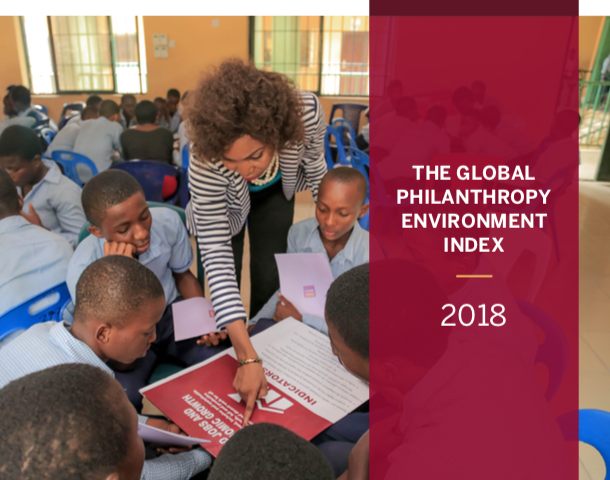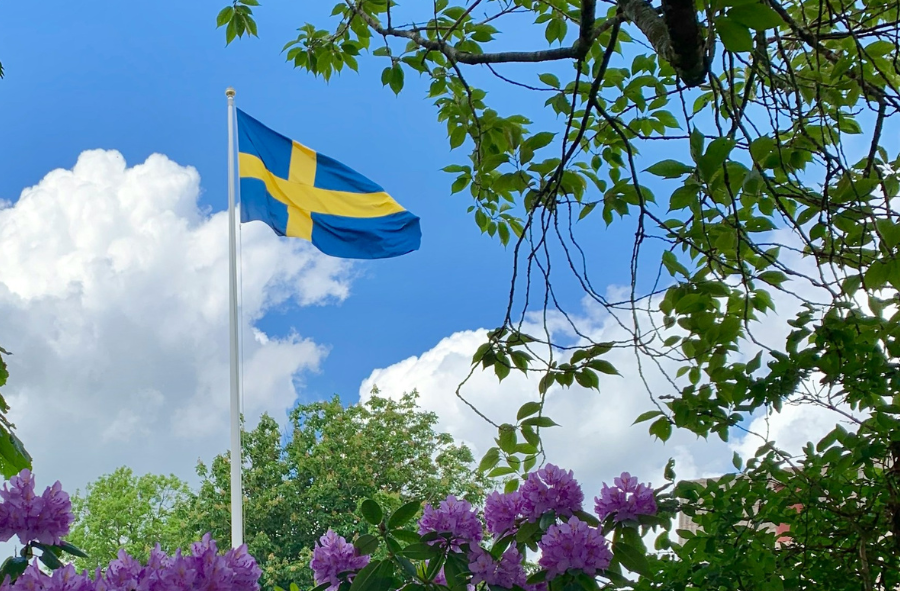
Hungary expected to pass Stop Soros NGO Bill
May 16, 2018
European Fundraising School scheduled for Berlin and Vienna
May 16, 2018Europe’s philanthropic environment scores above the global average, according to the 2018 Global Philanthropy Environment Index, from The Indiana University Lilly Family School of Philanthropy at IUPUI.
The Index explores the environment for global philanthropy, and the factors that enhance or inhibit its success for national or cross-border giving in 79 economies and 11 regions of the world. It indicates how easy it is to become philanthropically involved in a country, exploring the environment for philanthropy in five main areas:
– Ease of operating a philanthropic organisation
– Tax incentives
– Cross-border flows
– Political environment
– Socio-cultural environment
The Index divides Europe into three areas: Northern and Western Europe – covering France, UK, Germany, Switzerland, Austria, Denmark, Sweden, Finland, Ireland, Netherlands and Norway; Eastern and Southern Europe, which includes Italy, Poland, Ukraine, Spain, Bulgaria, Czech Republic, Portugal, Slovakia, Greece and Hungary; and the Balkans, covering Albania, Bosnia and Hercegovina, Croatia, Kosovo, Macedonia, Montenegro, and Serbia.
European regions score above the global average of 3.64 (on a scale of one to five), with Northern and Western Europe second only to the US and Canada (4.75) with an average score of 4.53. Eastern and Southern Europe had an average score of 3.82, and the Balkans scored 3.66.
Northern & Western Europe
Northern and Western Europe scored above 4 in each of the major areas measured, with the highest scores of all regions for ease of operating a philanthropic organisation, cross-border flows and political environment, and the second highest score for socio-cultural environment. Conversely, Eastern and Southern Europe scored second to lowest for the socio-cultural environment.
Within the countries grouped under Northern and Western Europe, Finland and the Netherlands score highest overall, both at 4.80, followed by Switzerland (4.75) and Germany (4.73). Ireland, Sweden, and the UK score lowest on the Index, with 4.33, 4.30, and 4.18 respectively.
Northern and Western Europe, the report says, ‘is characterised by high levels of organisational freedom and civic participation, as well as by a policy environment favorable to philanthropy’, with ‘the importance of individual giving, venture philanthropy, and social investment increasing while government funding remains a significant source of revenues for philanthropic organisations in the region.’
On average however, it says tax incentives tend to be less favourable than those in North America and Pacific but that philanthropic sector is becoming more professionalised in terms of both management and fundraising with the growth of volunteering and giving likely to continue increasing in the near future. It also points to technology such as social media and crowdfunding as helping to increase philanthropy across the region. However, it expects the implementation of the GDPR to increase the administrative burden of fundraising operations across the region.
Eastern & Southern Europe
Challenges highlighted in the report as being faced by countries in Eastern and Southern Europe include financial issues and the refugee crisis. All countries in this region are also facing, it says, ‘an increasing demand for social services (basic needs) and, on the other hand, a limited ability or willingness of national governments to meet these needs’, with some also facing ‘restrictive policies toward the sector’. Italy, it says, seems to be the only exception with its performance ‘explained by a democratic tradition and long-term experience with the nonprofit sector in the country’.
In Eastern and Southern Europe, Italy was the highest scoring country with 4.67 on the overall Global Philanthropy Environment Index, followed by Poland (4.00), the Ukraine and Spain (both 3.97). At the bottom were Slovakia (3.62), Greece (3.59), and Hungary with 3.30.
The Balkans
In the Balkans, corporate and individual philanthropy has been growing in each economy in recent years, and, the report says ‘there is great potential for the emergence and further development of the nascent domestic philanthropy ecosystem in each country’, however, there is currently still ‘an imbalanced legal and regulatory framework on paper and an inconsistent application of even the most progressive frameworks for philanthropy organizations in practice.‘ This sees philanthropic organisations advocating for improvements, and as a result, the region should rise up the Index in the future.
In this year’s Index, Montenegro was the highest scoring country in the Balkans, with 4.03 on the overall Index, followed by Macedonia (3.93) and Croatia (3.83). Albania was bottom at 3.12.
Commenting on the Index, Amir Pasic, Ph.D., the Eugene R. Tempel Dean of the IU Lilly Family School of Philanthropy, said:
“We know that the public and private sectors need the help of philanthropy to solve the world’s problems. But our ability to maximize the impact of philanthropy in response to immediate crises and long-term challenges requires that we understand how laws, policies and cultural attitudes shape success or failure. With famine and refugees in need of immediate relief, and grave risks to peace and sustainability looming on the horizon, the stakes could not be higher.”
The full report can be downloaded here.




